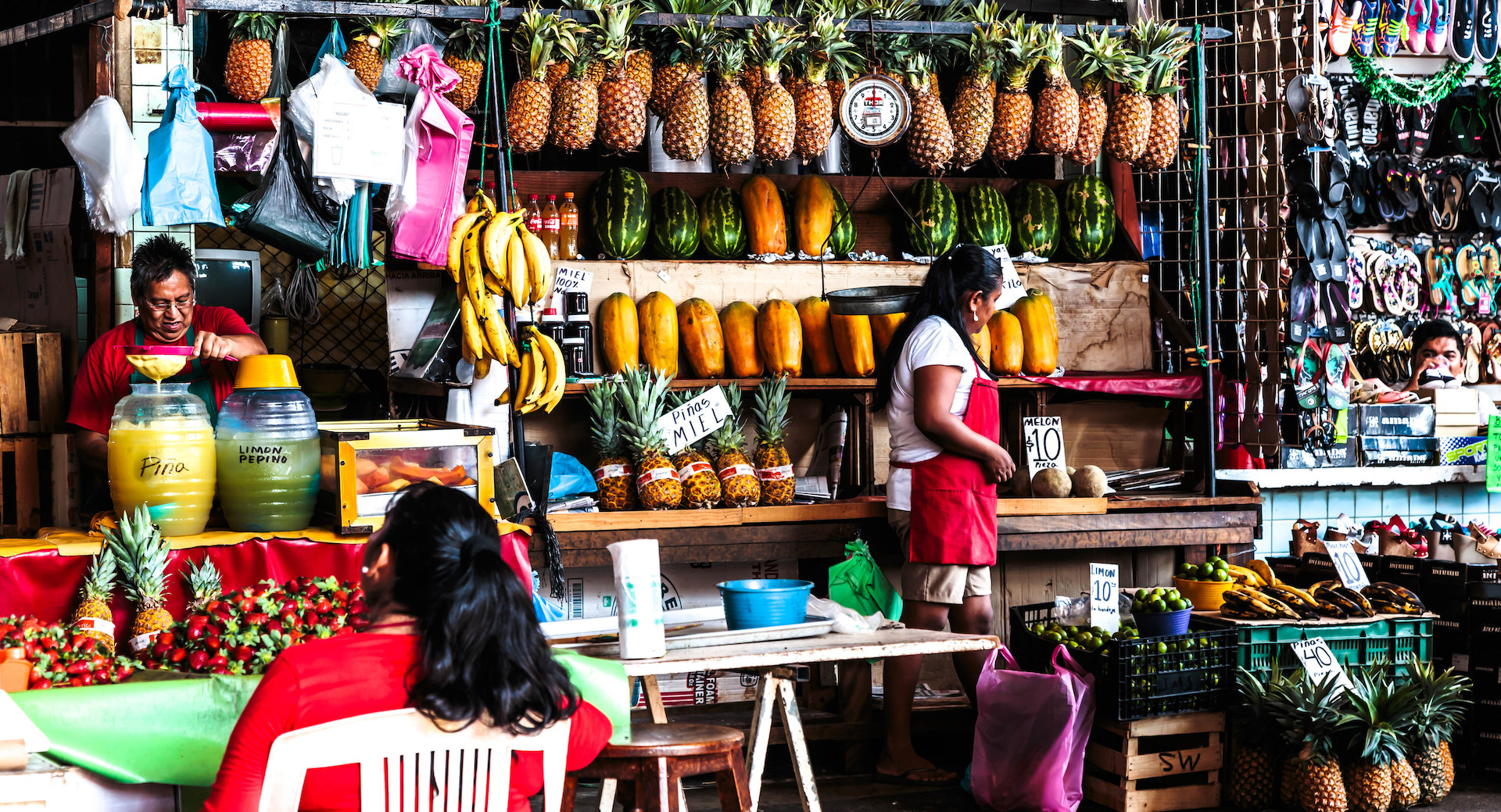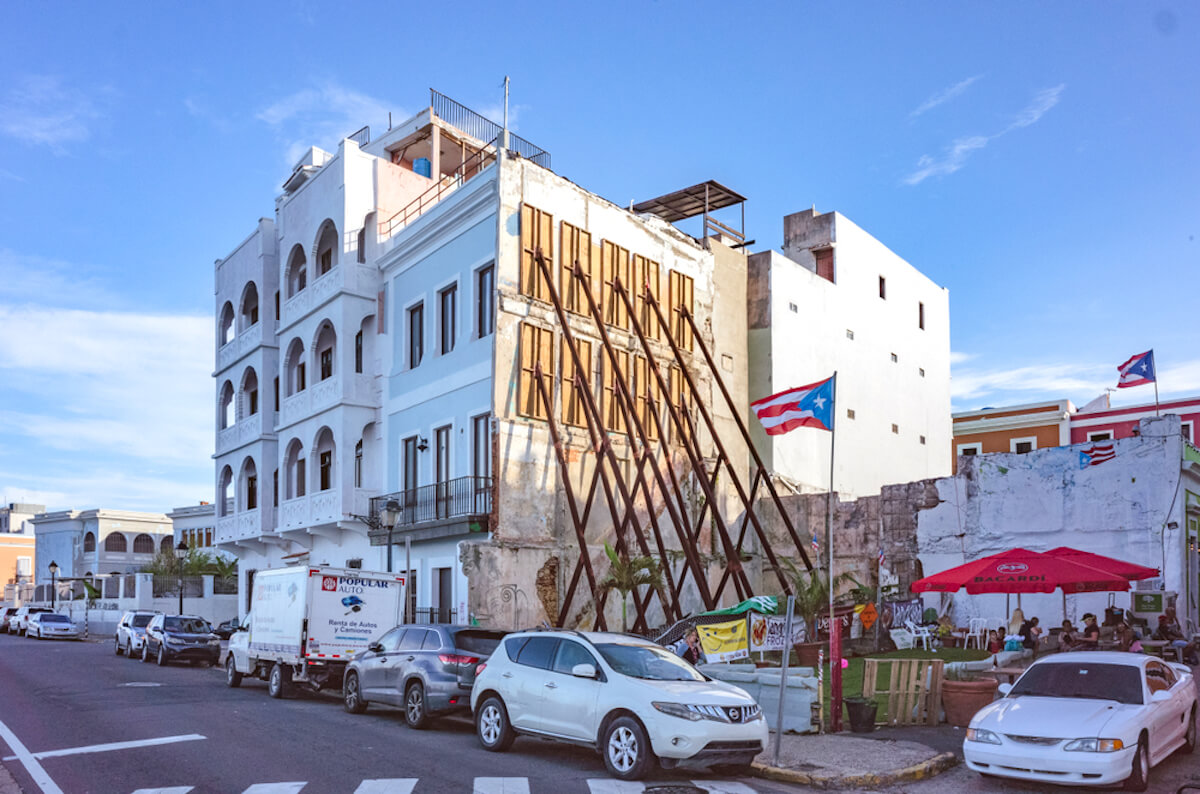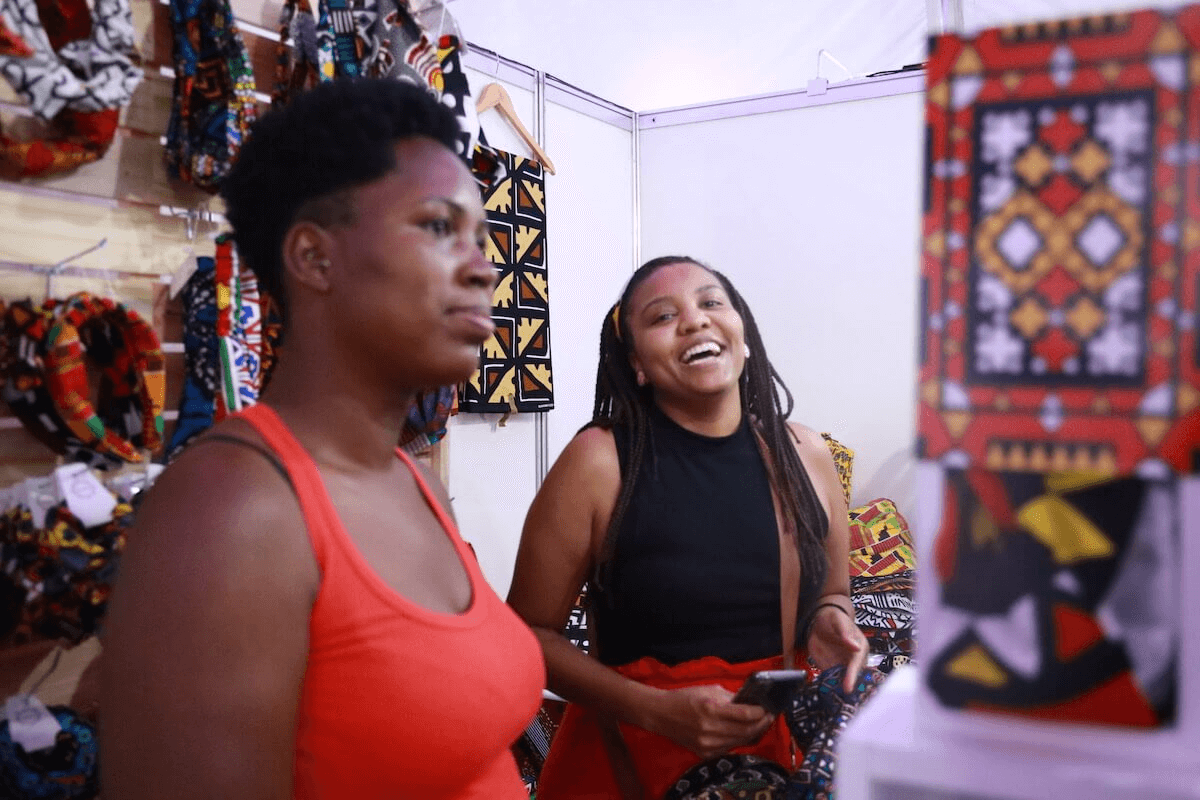ImpactAlpha, March 8 — New funds are emerging out of Latin America and the Caribbean as the region’s impact ecosystem comes together and deal flow heats up. ImpactAlpha late last month launched a specialized newsletter to deliver the news, voices and dealmaking powering the impact economy in the region.
This week, Costa Rica-based impact investor Atta Impact Capital launched an early-stage venture capital fund to invest in “missing middle” social enterprises in Mesoamerica, the historical and cultural region that spans central and southern Mexico, Guatemala, Belize, El Salvador, and parts of Honduras, Nicaragua and Costa Rica.
The Mesoamerican Catalytic Fund is seeded with $1 million in recoverable grants from IDB Lab and Fundacion CRUSA, an independent nonprofit foundation in Costa Rica. “The entrepreneurial ecosystem in our region has enormous potential to grow and the opportunities are immense,” said IDB’s Irene Arias.
The fund will write equity and quasi-equity checks ranging from $50,000 to $150,000 in up to 10 revenue-generating social enterprises, half of which will be led by women, over three years.
A redeemable equity structure will allow the fund to exit to its portfolio companies, as opposed to a traditional exit via acquisition or IPO. The alternative exit strategy enables a founder to “buy back their shares over time at a predetermined price or using a formula for valuation agreed upon ahead of time,” says Abigail Napsuciale, who co-founded Atta Impact last year.
“This mechanism could be a game changer in Central America, where the market is more fragmented and there are more barriers to scaling,” she says.
“Missing middle” financing gap
Despite generating around $2 trillion in yearly revenues and employing 200 million people, social enterprises around the world, half of which are women-led, face a $1.1 trillion external financing gap. Many of them are stuck in the “missing middle” – too big for small microfinance institutions and too small for commercial banks.
The Mesoamerican Catalytic Fund will leverage its operational funding to “scout companies that often would not be seen, lead diligence, define terms appropriately, lead rounds, and share deal flow broadly,” Napsuciale told ImpactAlpha. The goal is to catalyze additional investment in the region’s social enterprises by making them more discoverable to impact investors.
In cases where it doesn’t invest, the fund will provide technical assistance to help business owners refine their pitches, pitch refinement, assess their capital needs and hone their fundraising strategy. “We aim to increase levels of investment readiness in regional companies, thus increasing the likelihood that they successfully complete their raise, whether or not we directly invest,” Napsuciale says.
Atta Impact could target another $1 million in recoverable grants to increase the fund’s portfolio. But the fund will be capped at $2 million no matter what, says Napsuciale. “One of the drivers for launching this fund is to experiment with and validate models for effectively managing funds typically too small to cover operating expenses with traditional management fees.
Atta Impact is looking to raise an additional $430,000 in non-refundable, philanthropic capital to cover operating costs.
In January, NESsT Lirio Fund snagged a $500,000 program-related investment towards a $20 million target for investments in “missing middle” enterprises creating good jobs in Latin America (see, Deal Spotlight: ‘Missing middle’ lending to social enterprises in Latin America (video)”).
Latam overflow
In more Latin America news this week, Mexican digital microlender Baubap inked $120 million in debt for its AI-based credit underwriting process that aims to expand access to credit and help Mexico’s underbanked avoid informal debt providers.
Separately in Mexico, Niko clinched $3.3 million to finance and install rooftop solar for homes and small businesses. Chilean health tech startup Keirón raised $1.7 million to expand its medical record and “patient journey” digitalization services to healthcare providers in Mexico.
In Colombia, The OPEC Fund for International Development provided a $150 million policy-based loan to co-finance a government-backed climate action policy and energy transition program.











